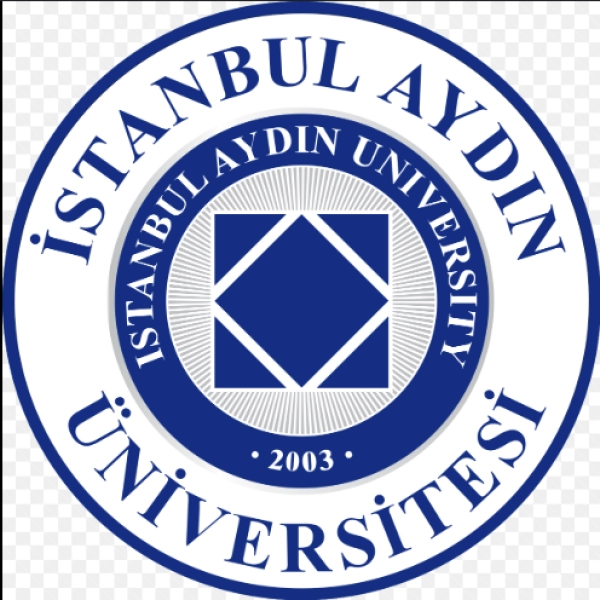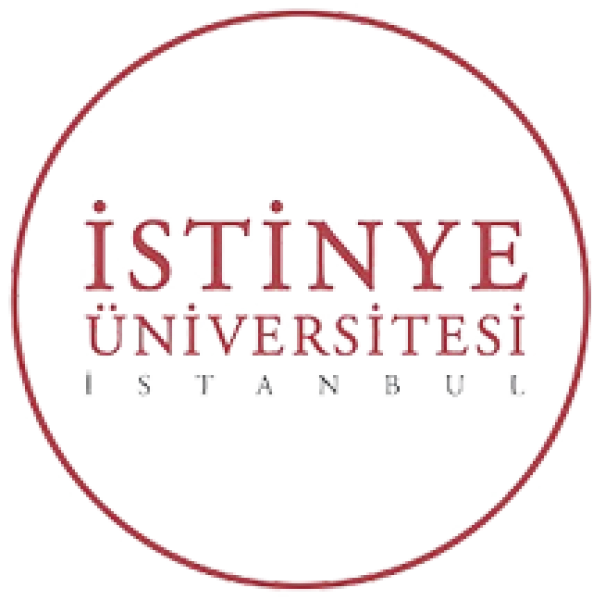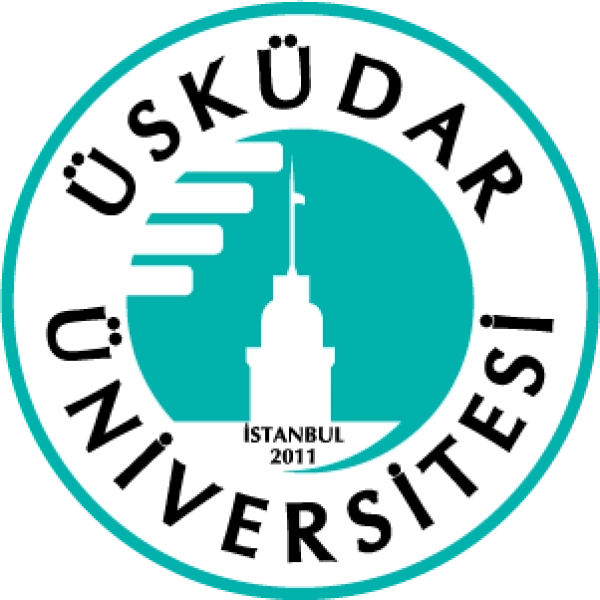College: Professional School
This program provides a comprehensive understanding of the principles and practices of food technology, focusing on the science, processing, and innovation behind food production and preservation. Students will explore key areas such as food chemistry, microbiology, safety, quality control, and product development. The program emphasizes the integration of scientific knowledge, technical skills, and sustainability practices to prepare students for careers in the food industry, research, and related fields.
Learning Objectives:
- Understand the fundamental principles of food science and technology and their applications in food production.
- Develop skills in food processing, preservation, and packaging techniques.
- Learn techniques to ensure food safety and quality, and compliance with regulatory standards.
- Explore the principles of food chemistry and microbiology and their roles in food innovation.
- Understand the importance of sustainability and ethical practices in the food industry.
- Analyze emerging trends and technologies in food production and product development.
- Develop critical thinking and problem-solving skills to address challenges in the food industry.
Main Outline:
- Introduction to Food Technology
- Overview of the food industry, its history, and its importance to global economies.
- Food Chemistry
- Basics of food composition, including proteins, carbohydrates, fats, and additives.
- Techniques for analyzing and modifying food properties.
- Microbiology in Foods
- Principles of microbial growth and its impact on food safety and spoilage.
- Techniques for controlling pathogens and ensuring food safety.
- Food Processing and Preservation
- Overview of thermal and non-thermal processing methods (e.g., pasteurization, freezing, drying).
- Techniques to extend shelf life and maintain food quality.
- Food Safety and Quality Control
- Principles of Hazard Analysis and Critical Control Points (HACCP) and Good Manufacturing Practices (GMP).
- Techniques for monitoring and ensuring food quality and safety.
- Food Product Development
- Basics of creating new food products, from concept to market.
- Sensory evaluation techniques and consumer testing.
- Food Packaging and Sustainability
- Overview of packaging materials and their impact on food preservation and the environment.
- Techniques for designing sustainable packaging solutions.
- Emerging Trends in Food Technology
- Exploration of innovations such as plant-based foods, functional foods, and precision fermentation.
- Techniques for integrating new technologies into food production.
- Regulatory and Ethical Considerations
- Overview of food laws, labeling requirements, and ethical issues in the food industry.
- Techniques for ensuring compliance and promoting ethical practices.
Assessment Methods:
- Laboratory experiments and reports on food processing and analysis.
- Written assignments on food safety, chemistry, and microbiology.
- Product development projects and presentations.
- Participation in group discussions and case studies on industry challenges.
Recommended Textbooks:
- "Food Science and Technology" by Geoffrey Campbell-Platt.
- "Principles of Food Chemistry" by John M. DeMan.
- "Food Microbiology: Fundamentals and Frontiers" by Michael P. Doyle and Robert L. Buchanan.
- "Food Processing Technology: Principles and Practice" by P.J. Fellows.
Prerequisites:
A basic understanding of chemistry, biology, and mathematics is recommended. This program is suitable for students in science, engineering, and related fields.
Program Duration:
Typically, this program lasts 3-4 academic years, with a combination of lectures, laboratory work, and industrial training.
Certification:
Upon successful completion, students may earn a degree in food technology or a related field, depending on the program and institution.
Target Audience:
This program is designed for undergraduate and graduate students in food science, nutrition, engineering, and related fields, as well as professionals seeking to enhance their knowledge and skills in food technology. The program prepares students and professionals to excel in the food industry, leveraging scientific knowledge, technical expertise, and an understanding of sustainability and innovation to tackle global food challenges and create high-quality, safe, and sustainable food products.




